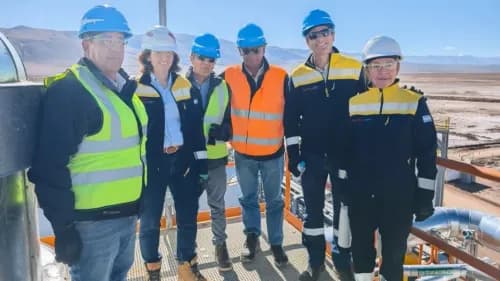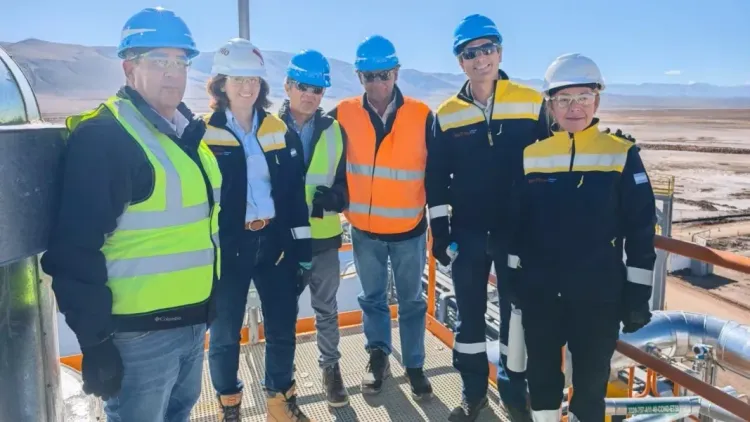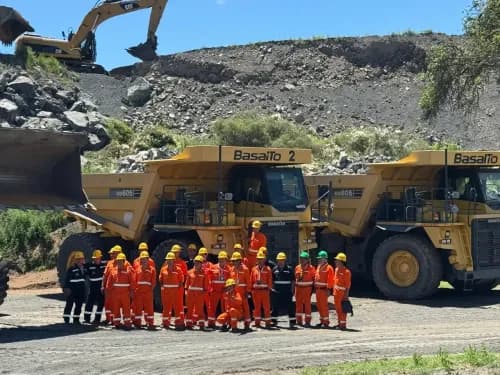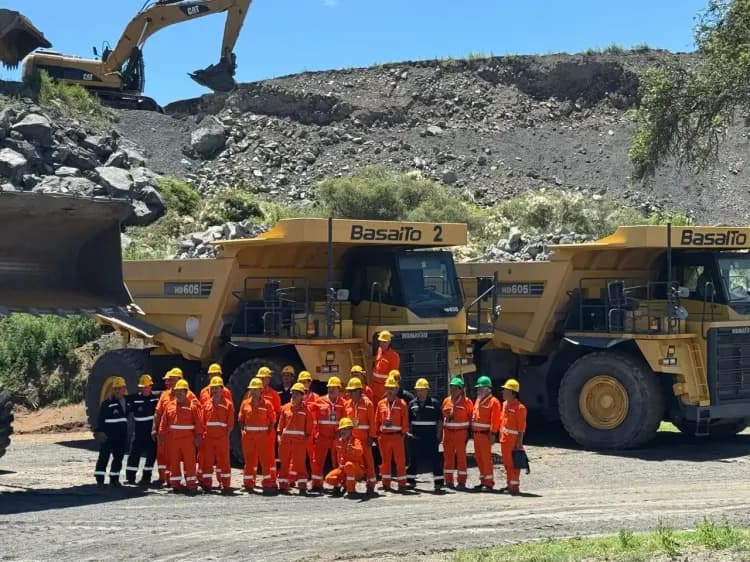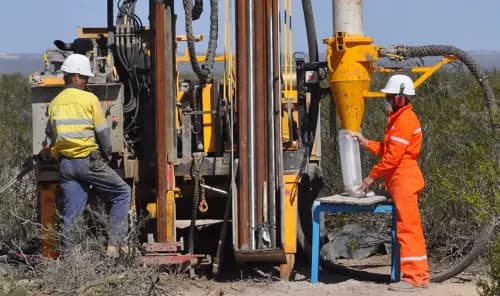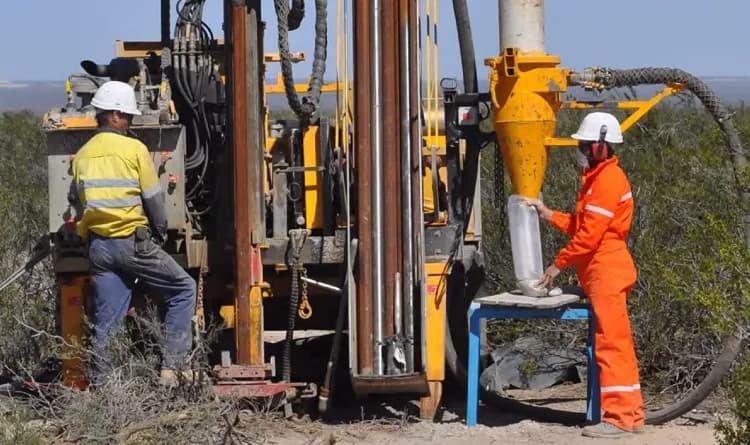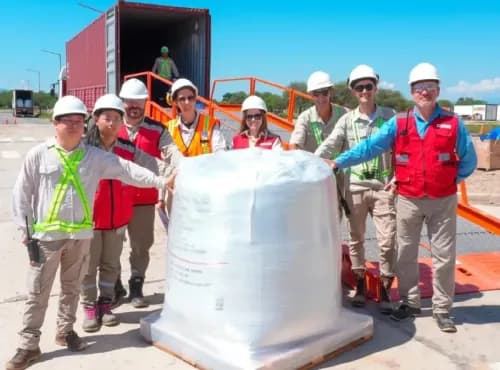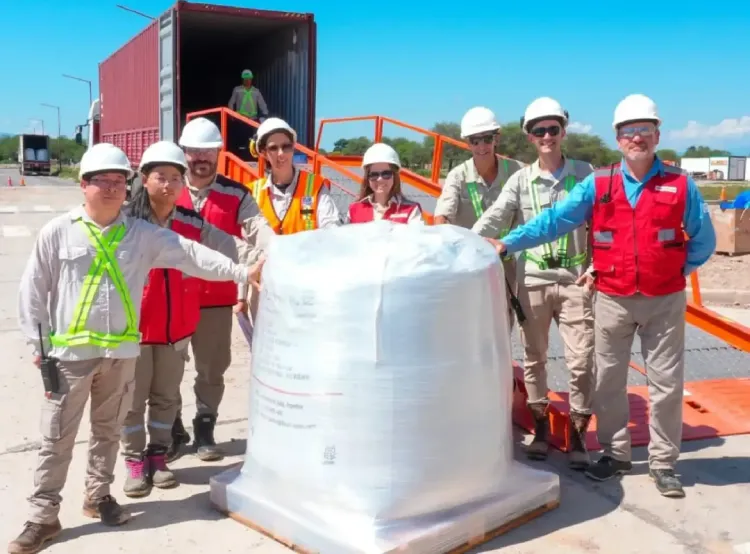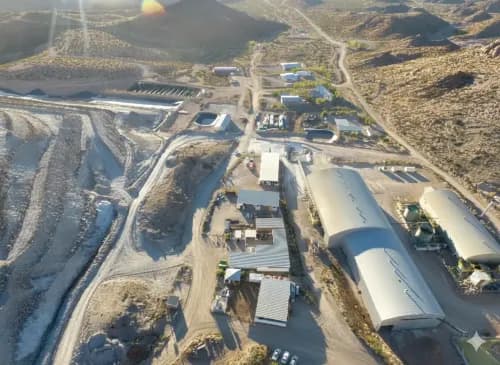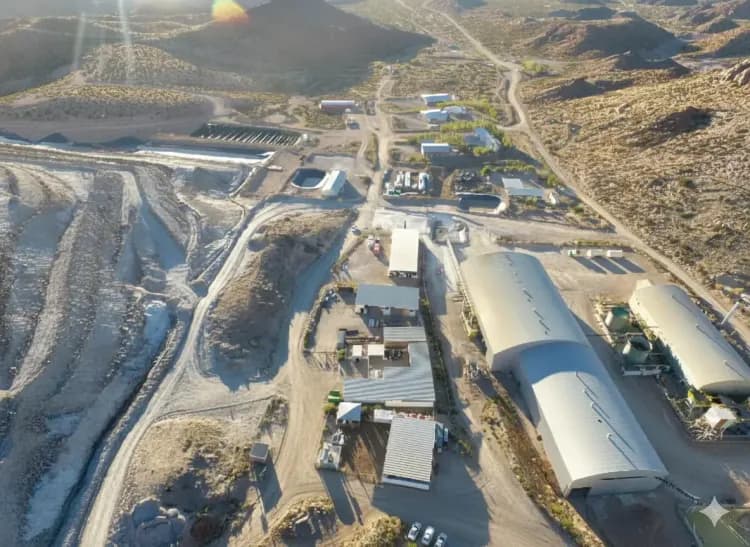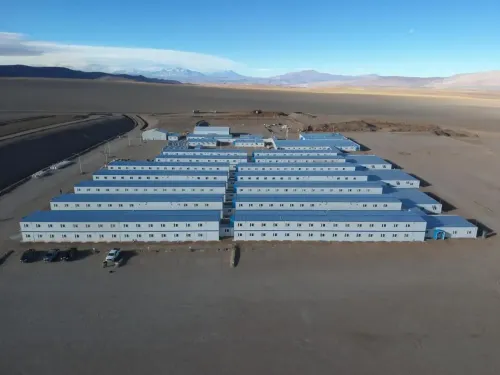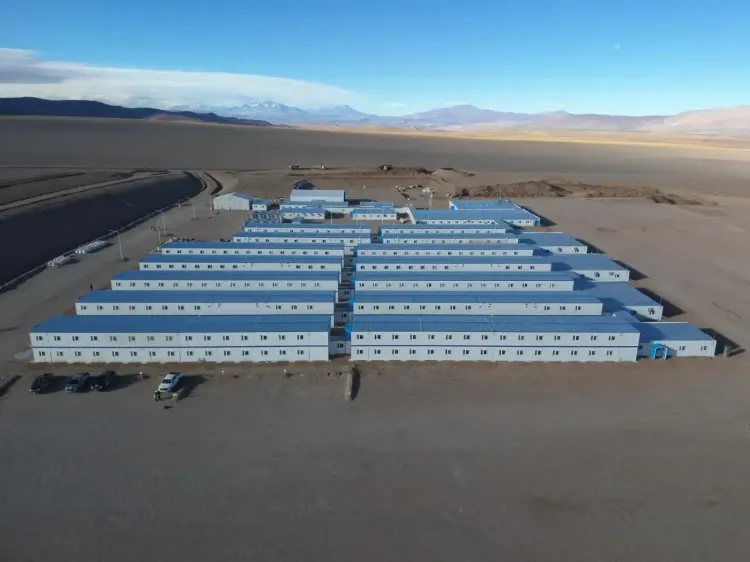She underscored the importance of hiring local workers and suppliers, with a focus on equal opportunities and sustainability.
By Panorama Minero
In an interview with *PANORAMA MINERO, Minister Verónica Soria reaffirmed the Government of Catamarca’s active policy of supporting mining development with a sustainable, equitable approach rooted in local employment.
She pointed out that the province has regulations requiring that 70% of mining sector hires—both suppliers and workers—be local. "Companies often tell us that there are no available profiles for certain positions, and that’s why we’ve decided to take action," she explained.
In this context, the Minister highlighted the coordinated work carried out since 2023 in collaboration with the provinces of Salta and Jujuy through the Tripartite Commission for Equal Opportunities. This commission focuses on three key areas: the inclusion of women and local communities in mining, responsible corporate engagement, and technical training to bridge labor gaps.
One of the standout projects is the “Drilling Assistant” training program, a key role given the growth of lithium and copper projects in the province, especially in Andalgalá, Santa María, and Belén. Soria stressed that these types of initiatives are not improvised: "We don’t want packaged courses. Each training program is designed based on the real needs of the sector and the specific profiles of the people taking it."
She noted that the course launched in Andalgalá is the result of a joint effort between the School of Vocational and Technical Training under the Extension Department of the National University of Catamarca (UNCa), the local company G&C Andalgalá Perforaciones, and the provincial government, through the ministry she leads.
"This is a clear example of real collaboration. This is not just talk—this is action: a local company investing in training young people from its own community, a public university providing certification, and a State committed to equal opportunities," she said.
She also stressed that these training programs are not just part of labor policy, but are aligned with a broader territorial development model: "We want every young person in Catamarca, no matter where they live, to have access to real opportunities. That they don't feel forced to migrate or settle for precarious work. That too is inclusion."
Soria also emphasized the crucial role companies must play: "We ask them to make the effort to look inward and see the potential that exists in our communities. We know not everything can be solved immediately, but if we don’t start training today, tomorrow will be too late."
The Minister particularly valued the fact that the training is backed academically by UNCa, and that it was designed not only based on business demand, but with a social perspective as well: "There’s a common belief that to get certain jobs, you have to leave or have the right connections. We want to break that mindset. These are concrete tools that can transform lives."
Finally, she assured that all training courses will come with both academic and labor certification, ensuring effective job placement: "We are fulfilling the mandate of Governor Raúl Jalil to work for the employability of Catamarca’s human resources, with the support of the National University of Catamarca and international organizations," she concluded.









